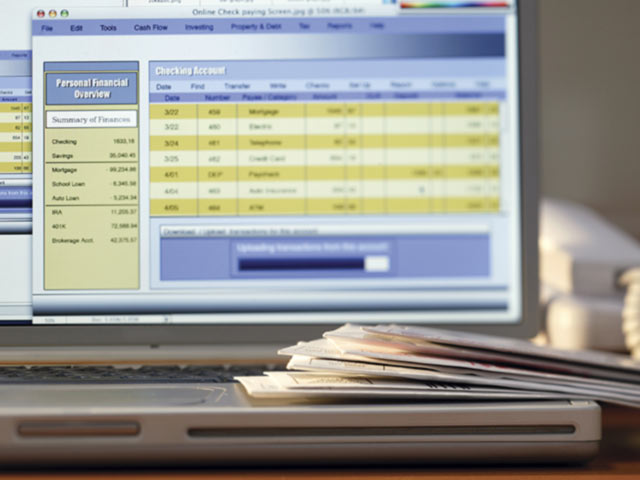Have you ever felt like you couldn’t control your personal finances? Well, you are not alone if you have. Taming personal finance is one of the top struggles of the average family. Money worries are a big stress factor and trying to keep them under control drives many people to wonder if it is even possible to control personal finance.
It is possible, but it takes dedication. You have to really work to keep your finances under control and make them something you can work with and live with.
The following are seven things you need to do in order to get control over your personal finances. These seven things outline some of the basics and some tricks that you can use to help keep your finances on track.
Have a well designed budget.
A good budget is the backbone of success in personal finance. You have to know where your money is going in order to control it. Your budget should outline all income and all expenses, even the little ones.
You should make sure all bills are paid and necessities are taken care of before spending money on extras. This will help you to keep your budget balanced and your finances under control.
Know your true finances.
Sometimes people are not honest with their budget. You have to be honest if you are serious about getting your finances under control. Being honest means that you write down all the money you spend. This includes those stops at the coffee shop or the little shopping trips you take on the weekend.
You have to see what is really going on with your spending habits. Learn more information about short term installment loans by clicking on the link.

Stick to your budget, always.
Never allow yourself to stray from the budget. One mistake or one misstep and your budget is going to be messed up. You have to honor the budget no matter what may happen.
Save for big purchases.
When you need to make a purchase that is expensive you have to save for it. Buying a large item straight out of your monthly budget will surely mess your budget all up.
Plan ahead and prepare for spending large amounts of money. Find a way to make it fit in your budget.
Anticipate emergencies.
You should always have some savings so you are prepared for emergency expenses. You never know when your car will break down or your electric bill will be larger than expected. You have to always be ready for something that will effect your budget.
Avoid impulse buying.
You can not just go and spend money that is not figured into your budget. If you know that you like to shop then figure some shopping money into your budget. As mentioned, before – never spend outside your budget.
Plan for the future.
You have to always be thinking about saving for the future. You may need to save for college or for retirement, whatever the case, you have to have a plan for your future and figure it into your budget.










